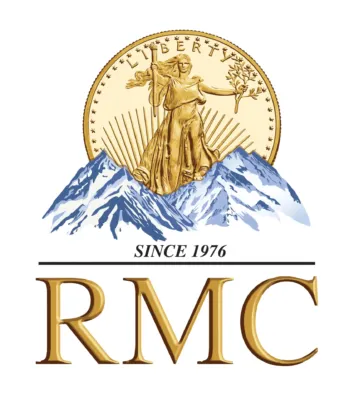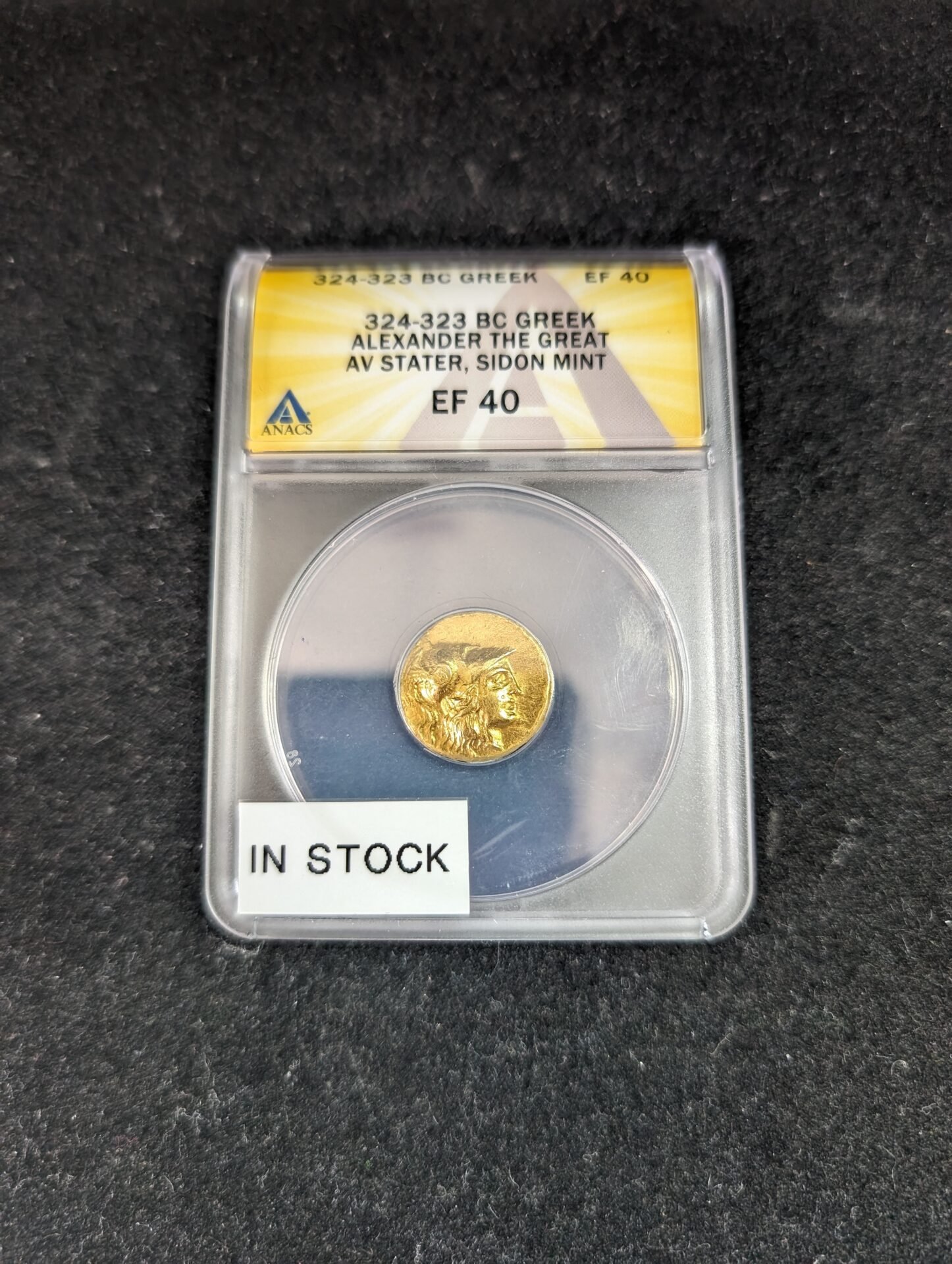Financial crises are supposed to be good for gold.
After all, unstable situations theoretically cause investors to leave the risk of stocks for the comfort of hard stores of wealth. That’s why gold tends to be considered a risk-off asset, meaning that it rises when investors shy from risk.
But even as Greece edges ever closer to the financial brink, the yellow metal has hardly been able to budge, and neared a three-month low on Tuesday.
The issue, according to one trader, is twofold.
First, investors aren’t too worried that a Greek default would spur a full-blown financial crisis.
“While there’s anxiety in the market, there isn’t all-out panic,” observed Kathy Lien, a currency trader with BK Asset Management. “At a bare minimum, euro zone officials are not going to allow financial Armageddon to occur by pushing Greece out of the euro zone.”
Second of all, gold tends to move inversely to the dollar, and Lien points out that the U.S. currency has held up nicely.
In fact, a more pointed European crisis for the euro zone would theoretically send the euro much lower, spurring a dollar rally, and pushing gold down.
On top of all that, the public taste simply appears to have shifted away from gold, after the asset crashed in 2013 and has remained rather somnolent since.
“If we talk about safe haven, it still seems like investors prefer bonds over gold right now, and that’s where they’re parking their assets,” Lien concluded in a Tuesday “Power Lunch” interview.
Taking a technical look, Rich Ross of Evercore ISI calls the nonperformance of gold given the macroeconomic uncertainty a “bearish divergence,” meaning it points to more losses ahead.
“We’re still a seller,” Ross said Tuesday. “We think a downside target of $1,000 is appropriate here.”




